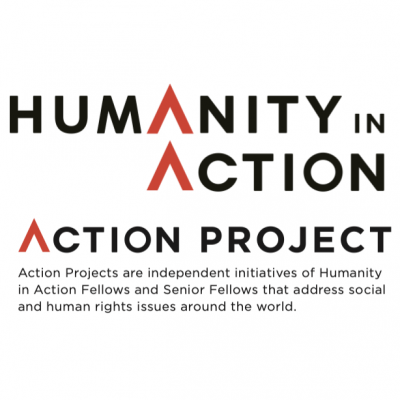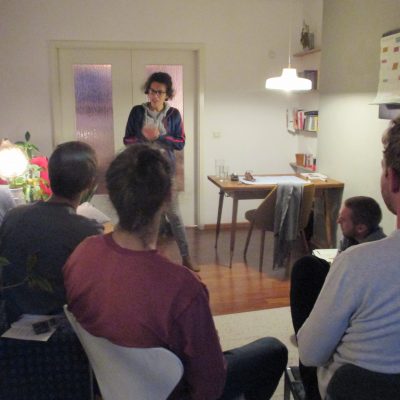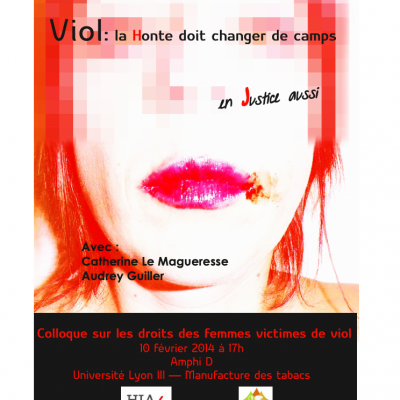Article
200,000-1.2 Million annually. That’s the estimate of the number of women who underwent unsafe, illegal abortions in the U.S. every year between the the 1950s and ’60s. Thousands of women died as a result, and thousands more were assaulted during back alley produces, shamed by their peers, and driven into debt by the high costs. In 1973, the U.S. Supreme Court case Roe v. Wade changed this bleak reality by giving people reproductive choice through making abortion safe and legal for all. In 2019, the decision was under attack and threatened to be overturned by anti-choice extremists in government.
Misinformation about abortion spreads like wildfire with little regulation in the media and starkly divided “pro-life” and “pro-choice” rhetoric. Human interest stories that inspire empathy for people who choose to receive abortions are lacking in the national conversation about reproductive rights because people often feel scared to speak up about their experiences. Many Americans are unfamiliar with the facts and the empowering stories that are presented in the Roe v. Wade case. In this dire time in which standing up for reproductive rights and abortion care is absolutely necessary to preserve full range of American civil liberties, Erica wanted to change this.
Through art, storytelling, and legal education, the struggles of American people for their reproductive freedoms were heard.
Erica presented the profound case of Roe v. Wade through a free, public theatrical portrayal of the case’s oral reargument on the decision’s 46th anniversary in Birmingham, Alabama, the heart of the struggle for reproductive justice in the Deep South. Immediately following the production, a panel consisting of a policy analyst at the ACLU of Alabama, a professor from the UAB Department of History, and a field organizer with Planned Parenthood Southeast, Inc. answered questions about Roe, discussed modern debates involving the case, and explored other legal arguments for abortion rights in the United States. Through art, storytelling, and legal education, the struggles of American people for their reproductive freedoms were told.
During the program and panel, Erica provided the audience with contact information and volunteer opportunities for relevant local reproductive justice organizations and their partners such as Planned Parenthood, UAB’s 1917 Clinic, and the ACLU of Alabama. Generation Action at UAB has decided to produce an annual theatrical portrayal of relevant reproductive rights based U.S. Supreme Court cases such as Griswold v. Connecticut (1965) on the anniversary of the Roe v. Wade decision.



